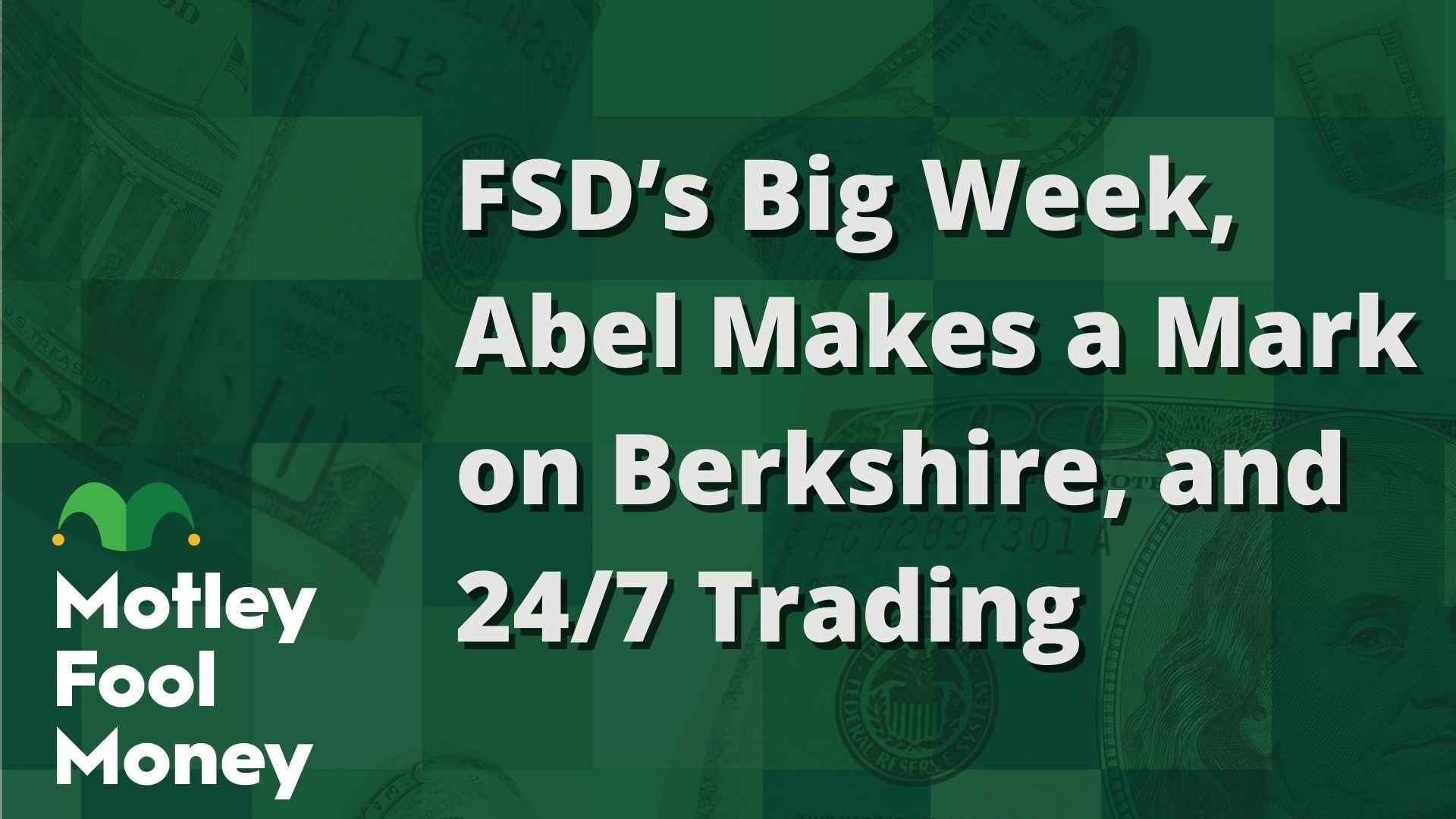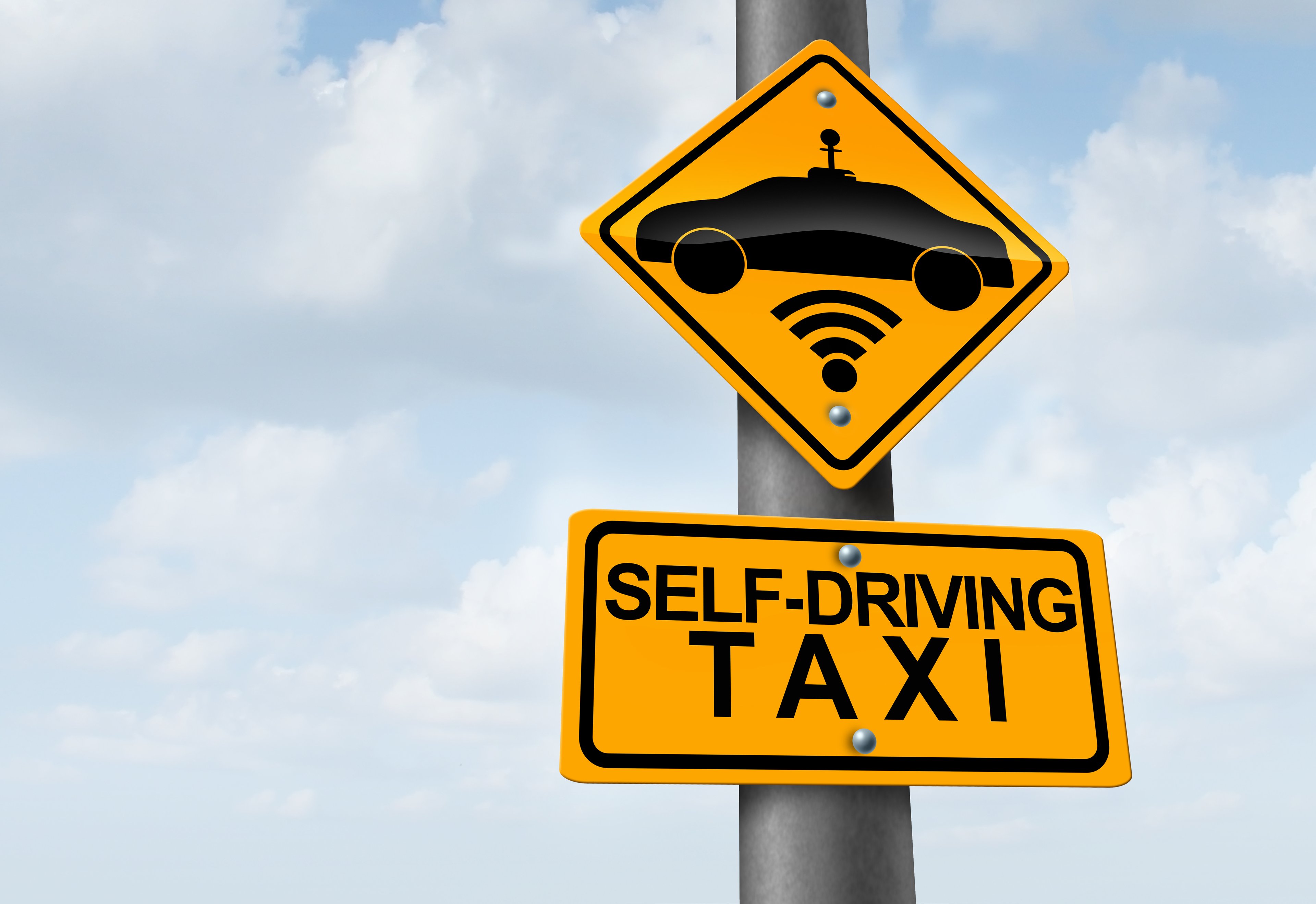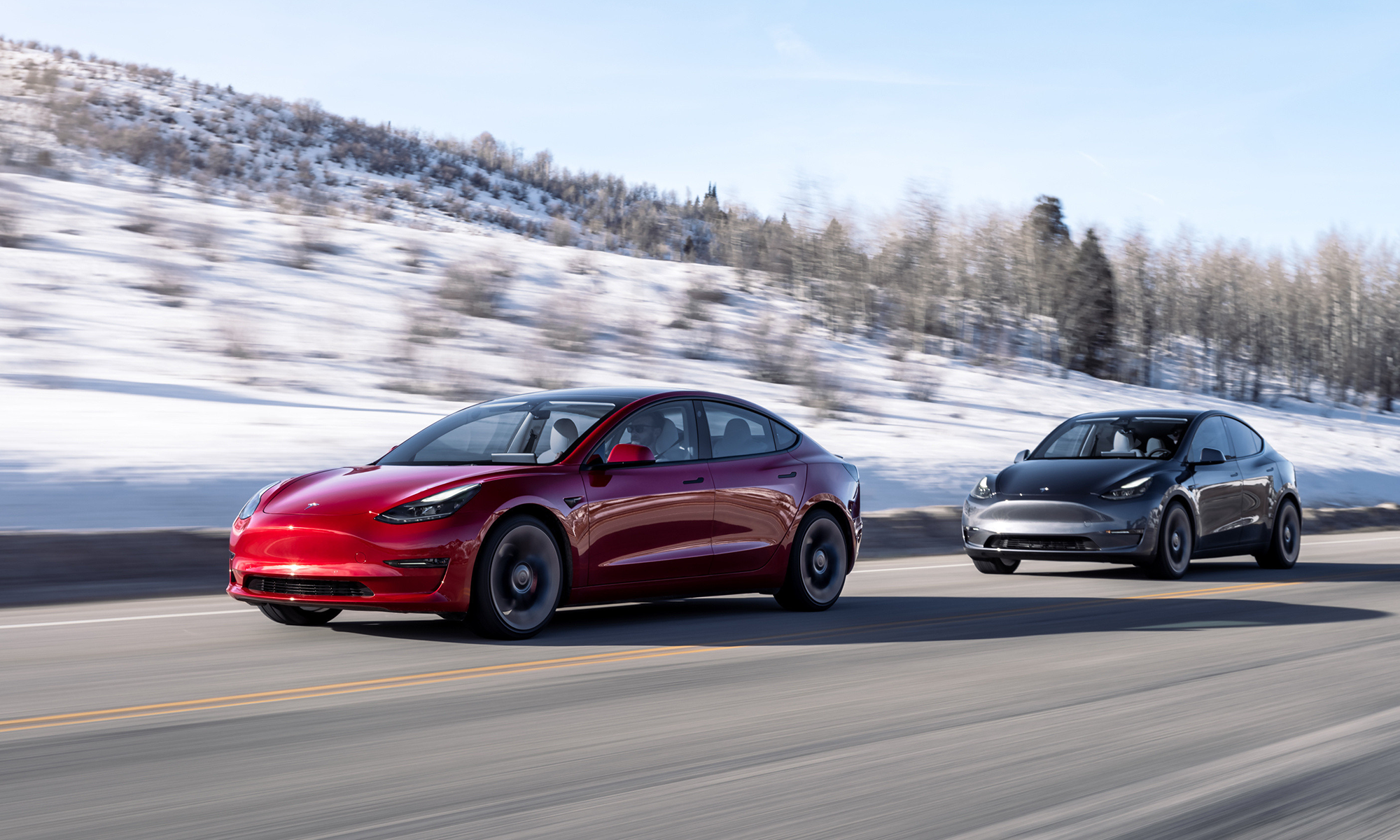When a company has a larger-than-life founder and CEO, investors can expect that sometimes they'll get some extra drama, but Elon Musk has been overdelivering on that score lately, and he kept it up Friday.
As host Chris Hill and Motley Fool Asset Management's Bill Barker discuss in this segment from MarketFoolery, the Tesla (TSLA +4.30%) CEO ended the 17-day "we're going private" soap opera story arc with a near-midnight blog post saying that he and the board had concluded that it was better to keep the company public. The final choice? Not too bad. Timing? Not so clever. And what's next? The duo consider.
A full transcript follows the video.
This video was recorded on Aug. 27, 2018.
Chris Hill: We have to start with the story that broke late on Friday night, when Elon Musk, in a blog post on Tesla's website, explained, "Yeah, we're going to stay public. Even though we have the money -- we could go private -- investors want us to stay public."
Bill Barker: Yes.
Hill: [laughs] ... Let me just, as charitably as I can, say that the timing of this doesn't help. It doesn't help the optics. The optics, which already weren't all that great to begin with for Tesla, specifically for Elon Musk, starting on August 7th with the "funding secured" tweet -- from then until close to midnight on Friday, sneaking this out.
Barker: The timing being after the close on Friday.
Hill: It wasn't just after the close on Friday. Berkshire Hathaway puts out their quarterly earnings release after the bell on Fridays. They do it very quietly. They famously don't do a quarterly conference call with shareholders. But Warren Buffett and his team don't say, "Let's put out our earnings release close to midnight on Friday."
If I'm part of Elon Musk's brain trust, and he's saying, "When do you think we should put this out?" I'm saying, "Either put it out immediately after the market closes on Friday or put it out before the market opens on Monday. Don't do it in the middle of the night."
Barker: He likes to do it as soon as it pops into his head. What makes you think that that information was completely available to disseminate right at the close of the market on Friday?
Hill: You're right. I'm probably the only one who thinks it's suspicious that he put this out close to midnight on Friday.
Barker: [laughs] I think that he put it out when it became his feeling that that it was done.
Hill: Let me quote directly from the letter. "It's apparent that most of Tesla's existing shareholders believe we are better off as a public company." Do you think they are?
Barker: Of the existing shareholders? Do they think that, or do I?
Hill: Do you think.
Barker: I think it has a promising future over the next decade.
Hill: As a public company?
Barker: As a public company. Yes. If somebody can help Musk get through his issues with the short sellers. I think those are a distraction which are not helpful to the actual shareholders. I mean, I'm not saying the short sellers are doing anything wrong at all, just that the interaction of them getting under Musk's skin, his allowing that to happen, is unhelpful to the actual shareholders.
I've stunned you into silence. You don't know where to go with this.
Hill: I mean, there are a few different ways we could go. Let's go toward the legality of all of this. Not to question whether or not it is legal, although there are certainly people out there rattling some cages regarding shareholder lawsuits, saying, "Look, this was a way for him to get rid of some short sellers. From the moment the "funding secured" announcement went out, August 7th, Tesla shares closed at $379 a share. Today, they're about 17% lower than that. There's a non-zero number of shareholders who have lost money on this stock because of all of this public drama that Musk has generated. To what extent, if any, would you be betting on the side of any lawsuits that come his way?
Barker: I would prefer to be his defense counsel than on the class action lawsuits. Now, I think there could be some regulatory wrist-slap about the way in which the information was disseminated, but I am accepting of the story that Tesla has put out, which is, there was unofficial, informal funding agreements -- oral, probably with the Saudis -- or certain elements, not all of which are on the same page, regarding this funding; and that that was boosted up to funding secured. Whether it was secured or not, it ultimately, as it played out over the couple of weeks which followed, wasn't going to be used. I think that the manner in which this was disclosed was obviously suboptimal. And I think that there are going to be consequences for that. But I don't think they're going to be major consequences.
Hill: Do you think there's any way we get to Tesla's next earnings announcement, which is two months and change away, do you think there's any way we get to that without any further drama here? Because it seems like the best thing that Musk could do for his company, for his shareholders, including himself, is to just focus on vehicle production.
Barker: Yeah, I think there's a chance that lessons will be learned, and he will focus on that, and that those close to him will convince him of why that would be the best thing for him to do. I think that there are going to be distractions from the legal consequences which follow. That's going to be somewhat of a distraction. But he's already easily distracted. I mean, whether it's creating submarines for trap soccer teams, or SpaceX, he's got a lot of things going on in his head.
Hill: But from a legal standpoint, when you see these stories of, this group is putting together a class action lawsuit for shareholders, so is that group over there -- given your past experience as a government lawyer, you're not too concerned about it?
Barker: Given my past experience regarding some class action suits, I would not be too concerned about it. There's always a lot more wailing and gnashing of teeth by the class action bar than ultimately is visited upon the company. I think that the contours of the story are generally what they appear to be, which is, legitimate consideration was given to taking this company private, and that having weighed the pros and cons at the moment, it is now Musk's and the company's considered opinion that that is not in the best interest of shareholders. But there is plenty to look at and say that it's worth considering being private. Companies do that. Certainly, the distractions of a quarterly production schedule are not helpful to the long-term interests of shareholders here. There's nothing to me about that consideration that smacks of dishonesty. I think that the way that it played out, it shows, certainly, that Musk is a little bit flighty on giving his innermost thoughts out to the public in the wrong forum. If, largely, this had been done through SEC disclosures rather than tweets, it would have looked a lot better, obviously.






